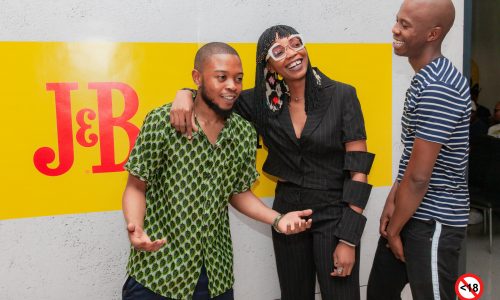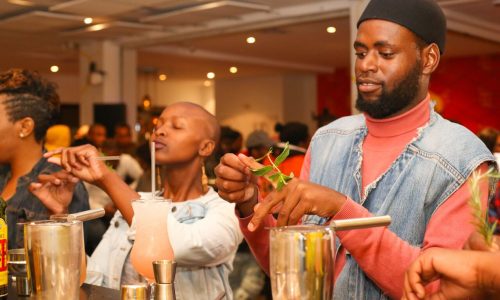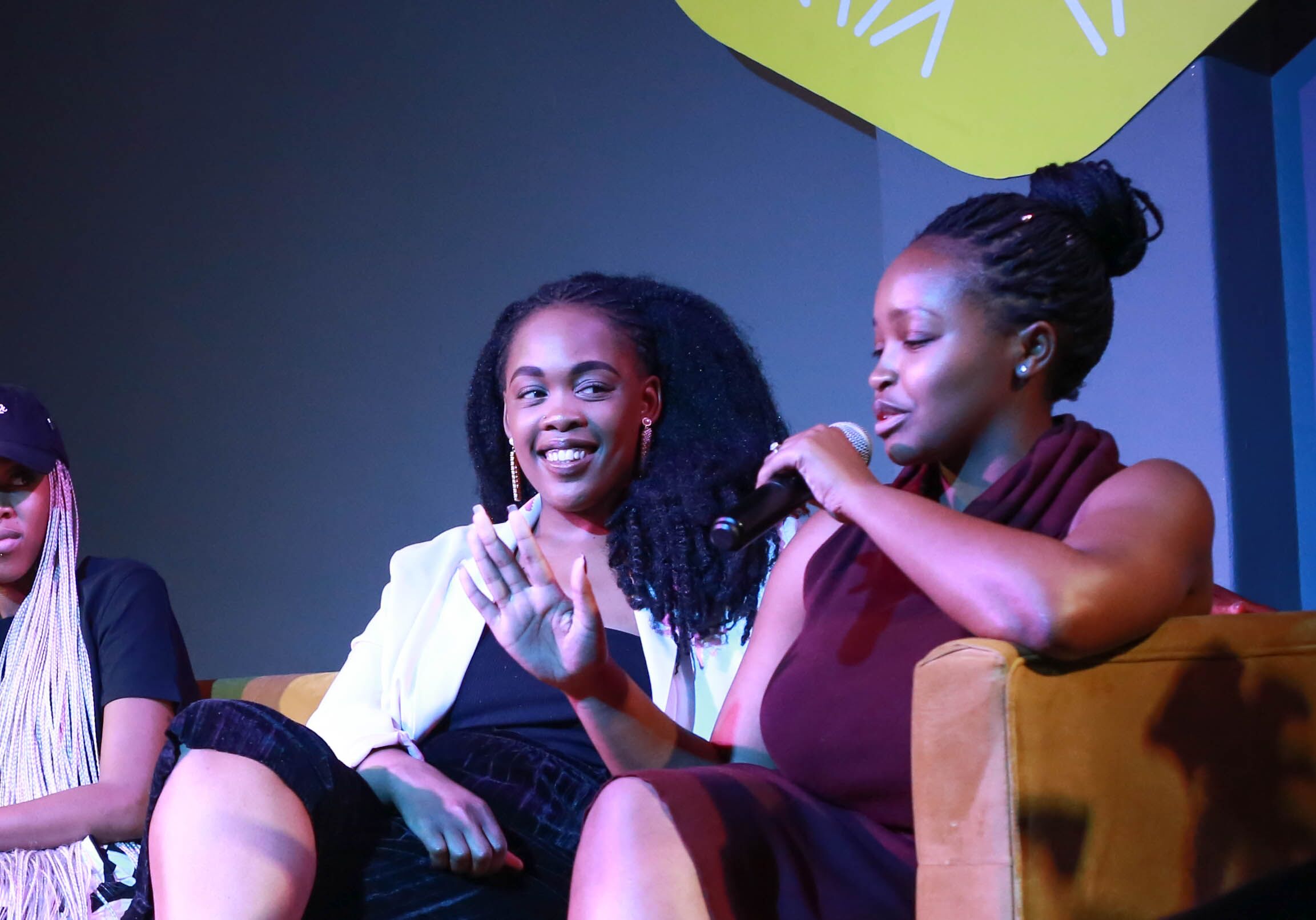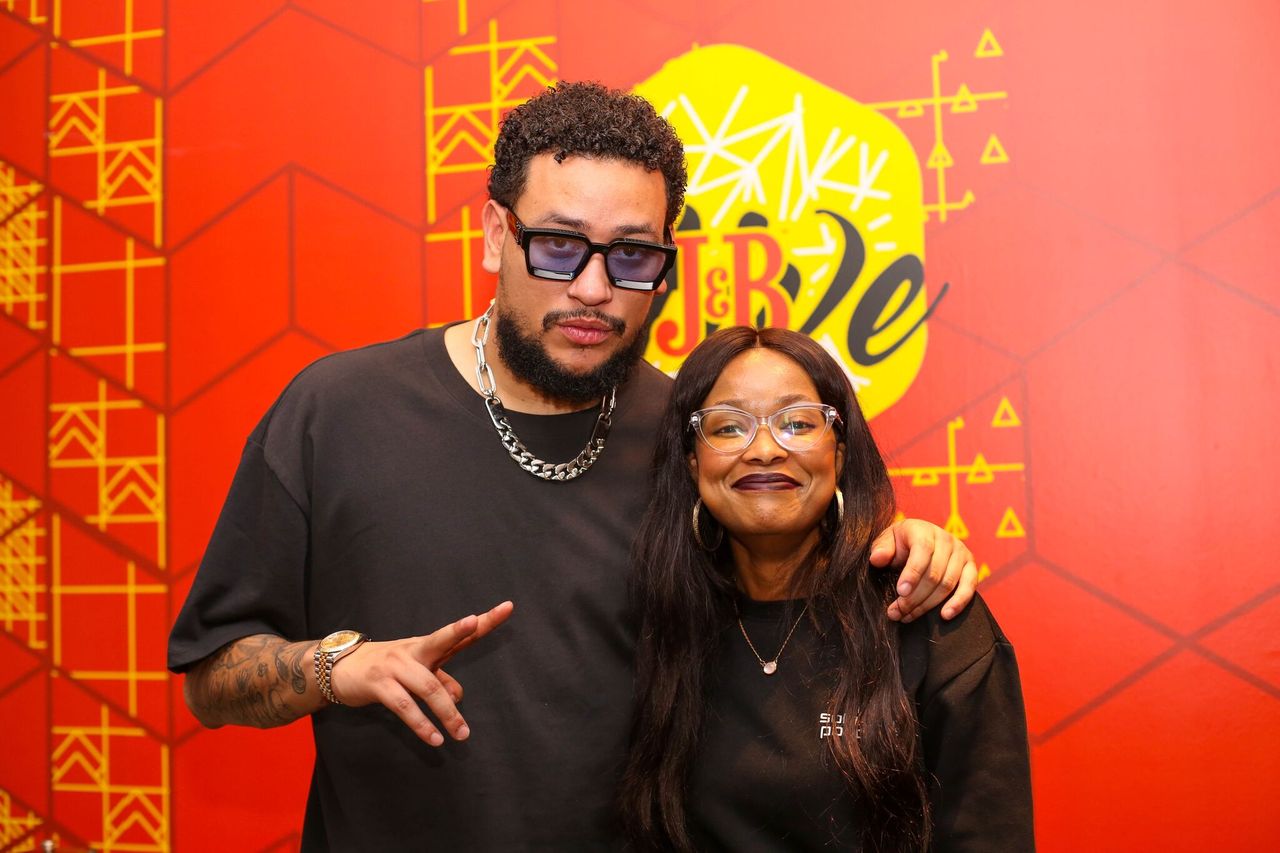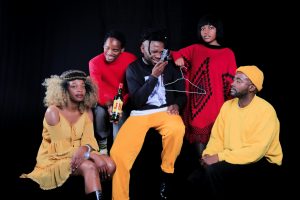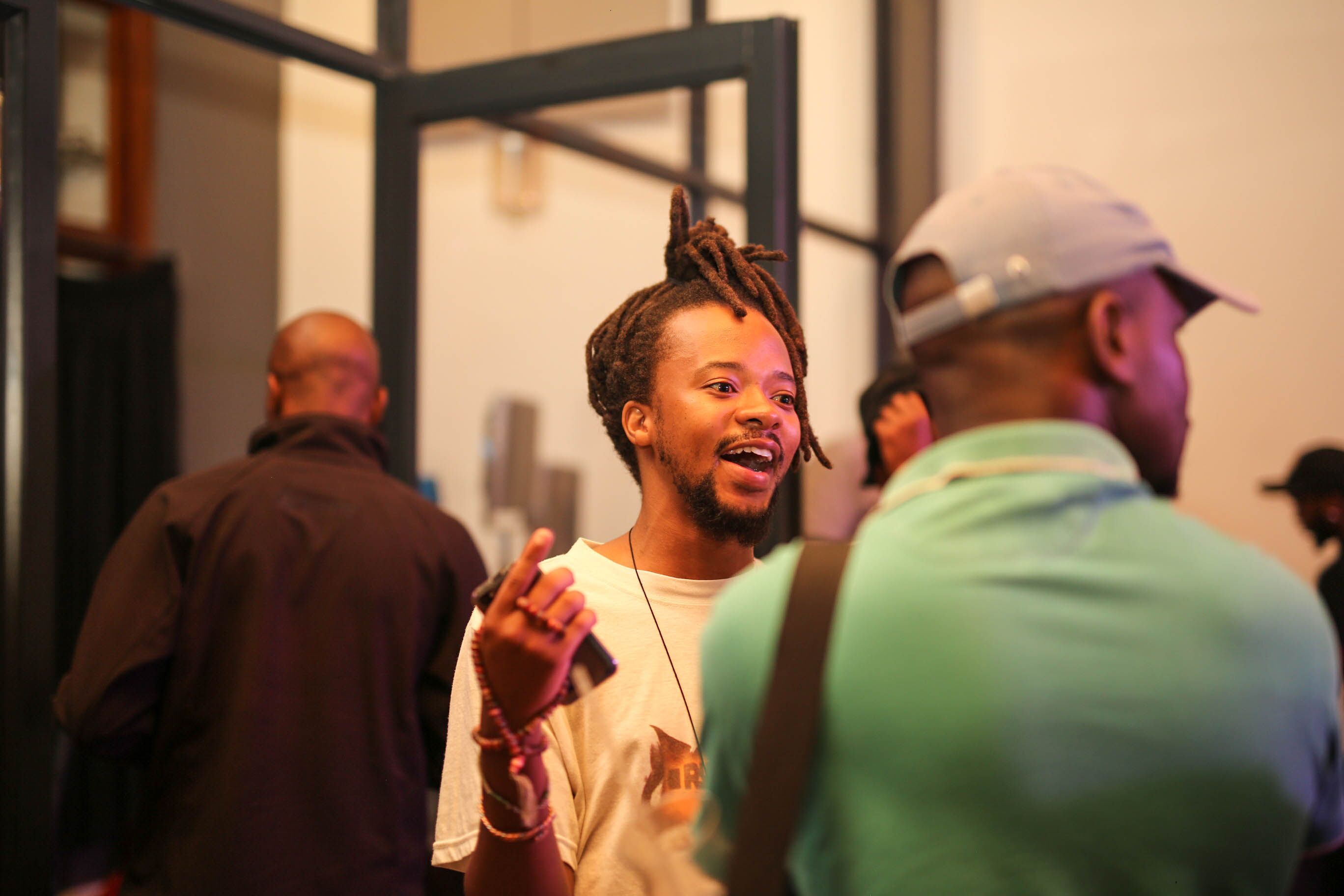
What The Podcast
- How To Start, J&B Hive Conversations, Skillshare
- #BetterBlended, #LiveFromTheHive, #soundcloud, business, Creatives, Culture, hivejoburg, podcasting, podcasts, SA Creatives, success
- January 8, 2020
Podcasting: The Future of Content?
And what you should know to make it work for your business.
3 minute read
About 16 million South Africans actively listen to podcasts while commuting, working, exercising, or doing almost any imaginable activity. Podcasts are essentially talk-radio shows (like current affairs, drama or niche topics such as personal development and startups) that people can listen to whenever and however they want.
Podcasts are to audio, what YouTube & Netflix are to video.
Having launched Lutcha, a network of local podcasts, Mashudu Madau invited 6 local content creators to share the stage at the J&B Hive. Together (with the audience) they discussed the state of podcasting and the medium’s position in an African context.
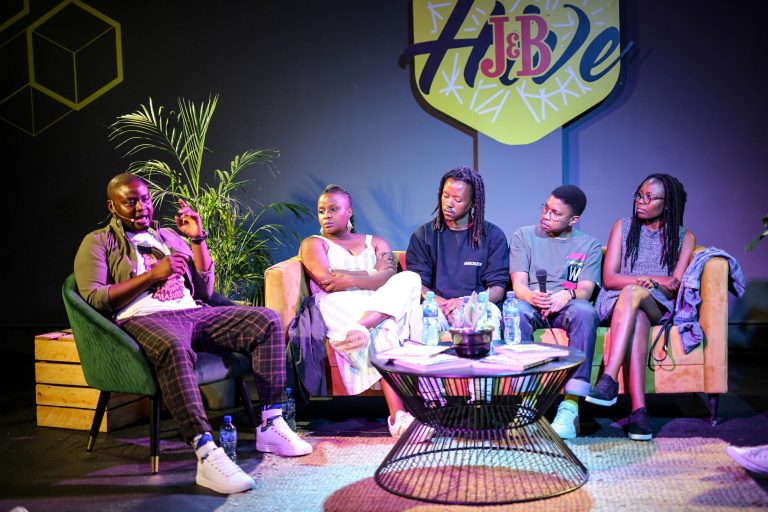
Our guests:
- Qhakaza Mthembu – COO at Digify Africa
- Koketso Masuluke – Digital Editor at BONA
- Kabelo Moremi – Host of The Sobering Podcast
- Menzi Mzimela – Creative Producer of Anarchadium
While the audience for video and music content continues to grow in South Africa, podcasts have emerged as a fresh alternative for creators to reach specific groups. Easier to setup and consume, brands have responded to the medium’s rapid growth by creating ‘podcast studios’ with all the resources eager creators need to start.
Note: Many creators have started their podcasts in bedroom studios with some clever hacks and a mic.
Despite these moves, the panel still notes the challenges local creators have to face if they wish to benefit from the medium’s growth. While maintaining the authenticity of the content available on it.
Unconverted Users
To start off, the 16 million SA users for podcasts, are only half of all SA users on the internet (About 30-something million). This means a significant chunk of the population still need to be introduced or converted into active podcast listeners.
Another option is creating authentically South African content with an international appeal, to capture a global audience.
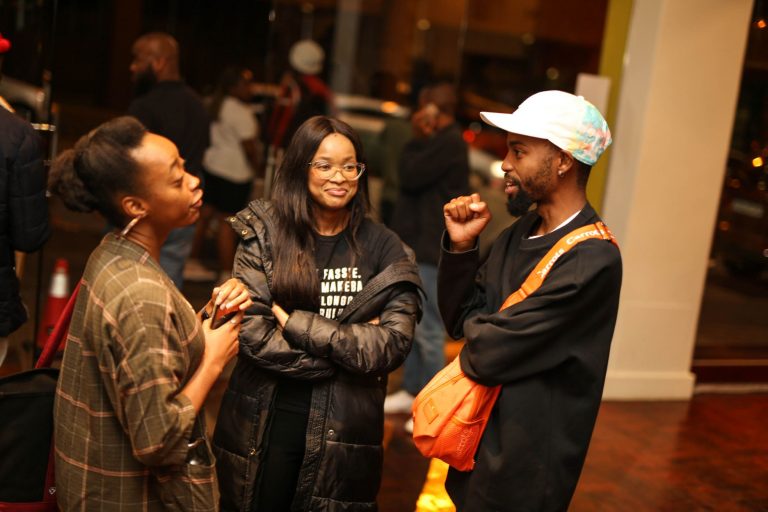
Untapped Markets
Making podcast-creation resources more accessible is certainly a step in the right direction. With more creators, we can have more variety in content, and hopefully bring a larger audience to be engaged.
But another issue is the untapped markets of rural areas. Koketso Masuluke suggests that the future of South African podcasting lies in content that is relatable to more South Africans; and the technology to make it more accessible for rural markets as well.
Consistency Is The Game
In addition to these untapped markets, the panel also noted a lack of consistency as the downfall of most failed content ventures. Since a podcast is essentially an audio-series, it challenges creators to consistently deliver on content over a sustained period of time.
It’s more of a marathon than a sprint. And is usually a passion project. – Kabelo Moremi
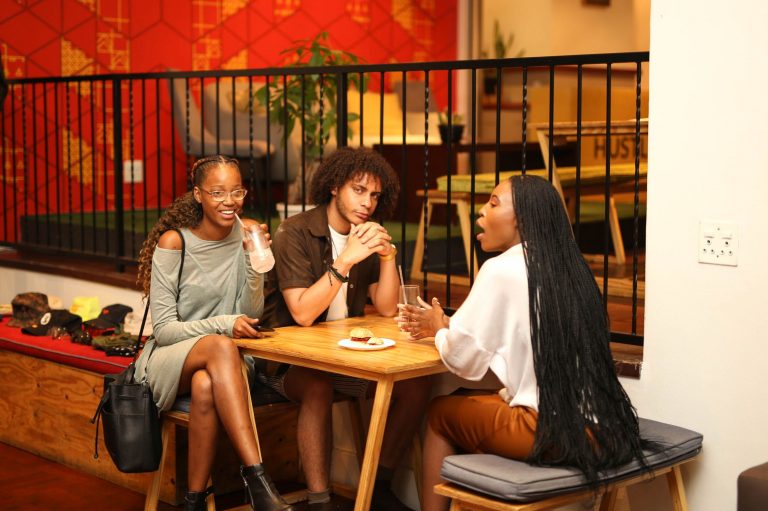
“Appointment-viewing” is a media term for content that is consumed at a specific time and place (e.g. When we were young, everybody watched Jam Alley at 6PM on SABC 1). This positioning makes your content easier to find, while improving your customer-retention in the long run. The concept is especially crucial in a local context, since consumers tend to look at this consistency when trying to determine the credibility of a new source/ platform.
The Good News
Despite these challenges, there’s still a lot of profit to be made from podcasting done right. To touch on this, here’s a cool article about how podcasts can make money.
Social Media is not the only source of information.
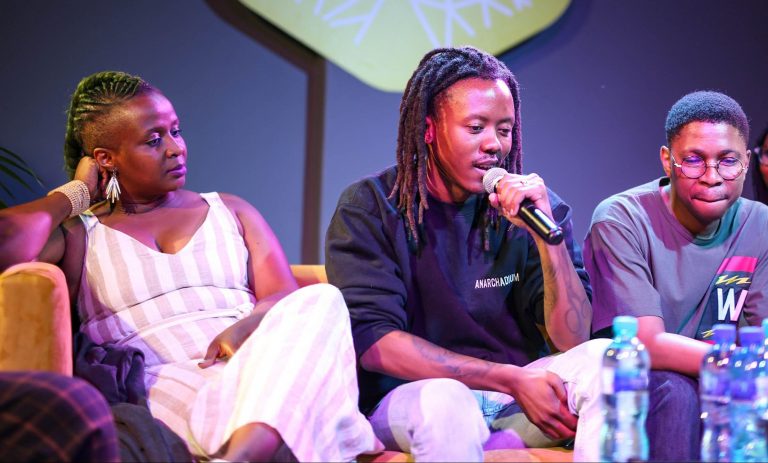
You can soak up even more of the conversation from this episode of the MashStartup Podcast, which includes the entire discussion in crisp audio quality.
Also, for more creative hustlings and thought-pieces (you should really start coming to these things) you can follow @hivejoburg and hug our blog for more articles.
Feel free to tell us how we can improve (in the comments below).
Written by: Lungelo Hlela (I am Multeemedia) // Images taken by: @dayphotolife
– – – – –
Lungelo Hlela is a Digital Copywriter based in Johannesburg, South Africa. When he’s not writing for brands, most of his work includes themes about social issues, history and popular culture. Follow him @lungelosam for more of his existentialist ramblings and romantic ideals.

